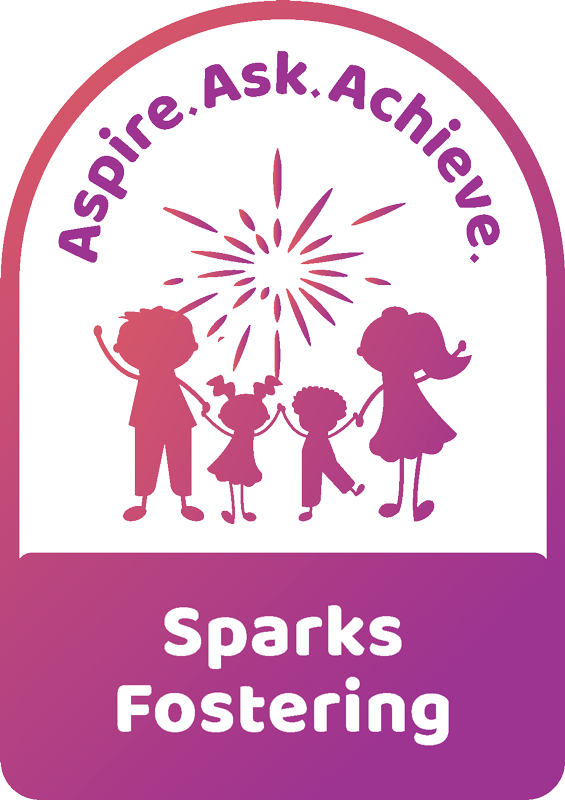Sparks Fostering values and principles
Sparks Fostering staff and foster carers understand that whenever possible, children are best looked after within their families, with their parents playing a full part in their lives. However, compulsory intervention in family life is sometimes necessary in order to safeguard a child and promote their welfare.
Sparks Fostering aims to, where possible, support rather than undermine the parental role. The significance of contact for children looked after, and of maintaining relationships with birth parents and the wider family, including siblings, half-siblings and grandparents, is recognised, as is the foster parent’s role in this.
Children should have an enjoyable childhood, benefiting from excellent care and education, enjoying a wide range of opportunities to develop their talents and skills leading to a successful adult life.
Children are entitled to grow up in a loving environment that can meet their developmental needs.
Every child should have his or her wishes and feelings listened to and taken into account. The child’s wishes and feelings should always be established and taken into account when taking decisions in respect of children looked after.
The particular needs of disabled children and children with complex needs will be fully recognised and taken into account
Each child should be valued as an individual and given personalised support in line with their individual needs and background in order to develop their identity, self-confidence and self-worth.
Children in foster care deserve to be treated as a good parent would treat their own children and to have the opportunity for as full an experience of family life and childhood as possible, without unnecessary restrictions.
Foster parents are required by their Foster Care Agreement to care for any child placed as if the child was a child of the foster parent’s family. The default position should be that the foster parent does not treat the child differently to their own children (other than to meet the specific needs of the children in the home).
Foster parents have an important contribution to make in planning and decision making about the child
The central importance of the child’s relationship with their foster parent is acknowledged and the work of the wider team around the child will be undertaken in a way that strengthens and supports the role of the foster parent.
Foster parents are recognised as having (or developing) the skill, knowledge, expertise, self-awareness, commitment and the ability to work as part of the team around the child
Sparks Fostering and responsible authorities value and promote the central role of foster parents as part of the wider team, not just caring for and supporting the child, but also contributing to planning for the child, for example through attending reviews and meetings with other professionals concerned with the child.
Foster parents have a right to full information about the child.










